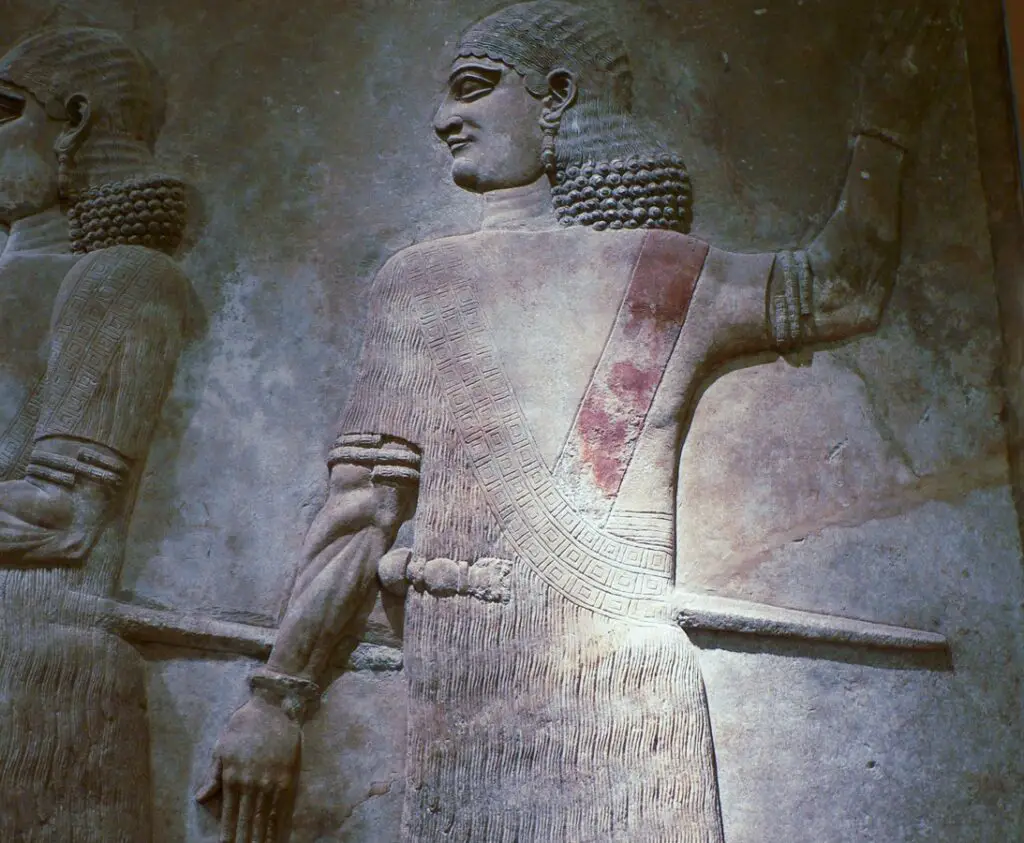



Daniel is one of the most well-known figures in the Bible, known for his wisdom and faithfulness to God. However, there has been much debate over whether or not he was a eunuch. In this article, we will explore the evidence and come to a conclusion.
A eunuch is a man who has been castrated, typically in order to serve in a royal court or other high-ranking position. In ancient times, eunuchs were often trusted with positions of power because they were seen as being less likely to betray their rulers or engage in sexual misconduct with women in the court.
There are several pieces of evidence that have been used to argue that Daniel was a eunuch:
In Daniel chapter 1, we read about how Daniel and his friends were chosen to serve in the court of King Nebuchadnezzar. As part of their training, they were given a special diet and were tested to see if they would be able to stand before the king. One of the requirements for passing the test was to be "without blemish" (Daniel 1:4). Some scholars argue that this phrase could be interpreted to mean that Daniel and his friends were eunuchs.
"...young men in whom there was no blemish, but good-looking, gifted in all wisdom, possessing knowledge and quick to understand, who had ability to serve in the king's palace..." - Daniel 1:4
Throughout the book of Daniel, there is no mention of him having any children or descendants. This has led some to speculate that he was a eunuch and therefore unable to have children.
In the Babylonian court, eunuchs were often given important administrative roles. Daniel was known for his wisdom and was appointed as one of the king's advisors. Some argue that this was because he was a eunuch and therefore seen as trustworthy and reliable.
While there is some evidence to suggest that Daniel may have been a eunuch, there are also several counterarguments:
The phrase "without blemish" could simply mean that Daniel and his friends were physically fit and healthy. There is no explicit mention of castration in the text.
Just because there is no mention of Daniel having children does not necessarily mean that he was a eunuch. He may have simply chosen not to have children or may have had children who were not mentioned in the text.
While eunuchs were often given important administrative roles in Babylonian society, there were also other reasons why someone like Daniel may have been chosen as an advisor. His wisdom and knowledge may have been highly valued by the king, regardless of his castration status.
While there is no definitive proof one way or the other, it seems unlikely that Daniel was a eunuch. While there are some pieces of evidence that could be interpreted as suggesting that he was castrated, there are also several counterarguments that make this conclusion less certain.
At the end of the day, what is most important about Daniel is not whether or not he was a eunuch, but his faithfulness to God and his willingness to stand up for what is right, even in the face of persecution and adversity.
So, was Daniel in the Bible a eunuch? The answer is...we don't know for sure. But what we do know is that he was a faithful servant of God and an inspiration to countless generations.
Related Posts